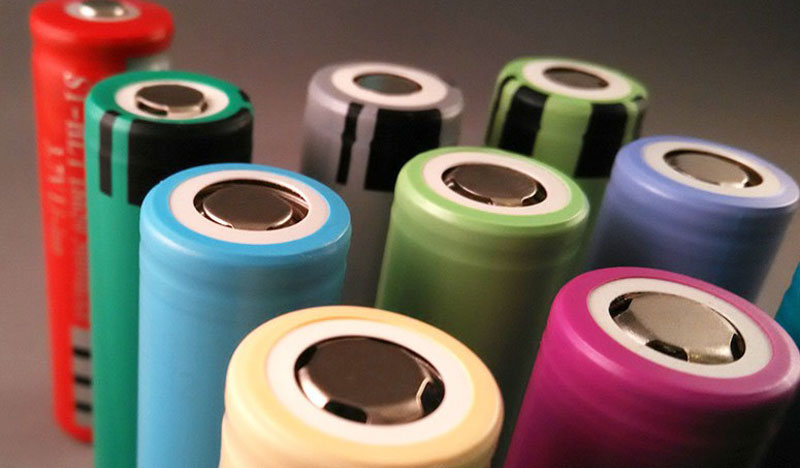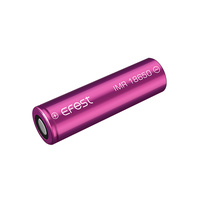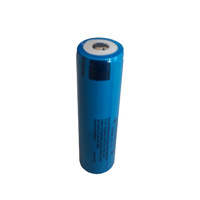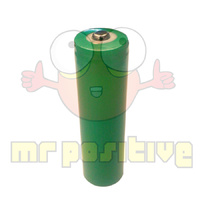18650 Battery Must Know

With so many 18650 battery products available now days, and with the aim of dealing with common mistakes made when shopping for 18650 batteries, this is a quick article to cover some of the misconceptions. Hopefully we'll help you to make the right decision when shopping for 18650 batteries and not end up with a lemon!
It is also strongly recommended that you read our articles on Lipo and Li-Ion Battery Safety Guide.
What is 18650?
18650 batteries are Li-Ion chemistry and were originally only really found in battery packs for Li-Ion power tools and laptops batteries.
18650 (and all other Li-Ion batteries) weigh much less than their NiCD and NiMH counterparts and provide much more power in a smaller form factor.
The 18650 battery is larger than a conventional AA battery. The 18650 name is directly related to its physical size, 18mm diameter and 65mm long, as in 18 65 0.
Some modified 18650's that are readily available (including ones you will find at Mr Positive) can include protection chips that protect the battery from over charge or over discharge. This chip, in turn does increase the length of the battery slightly. The manufacturer typically includes a small protection chip on the positive end, with a new positive cap on top. This process adds 1-3+ mm to the length of the battery, which is important to note as this may affect the device it is being used in.
Consumer grade 18650 batteries have been made very popular with the advent of high powered LED torches. This has resulted in many manufacturers producing 18650 batteries in consumer style packaging with different ratings. The issue is, are these ratings real?
18650 ratings… What' real?
Unfortunately the humble 18650 is one of the most copied and plagiarized products out there. There are many manufacturers that produce these batteries with all sorts of ratings that are not only completely false, but defy the laws of physics.
At the time of writing this article, Mr Positive has not seen any 18650 battery manufactured from a reliable brand that produces more than 3600mah capacity. However, there are plenty of 18650 cells sold online in auction sites in NZ, and overseas, that have branded 18650 batteries and claim to have 4800mah or even sometimes 6000mah+! The simplest way to explain this is to try and fit 3l of water in a 2l bottle. It just isn't possible. Expecting 6000mah capacity from a battery the size of a 18650 is the same thing.
Even though the product maybe very nicely packaged, logos, labels etc. If it has a rating this high, our best guess is that this is fake battery. In some instances, when we have tested these cells we have found capacities less than a 5th of what is printed on the side of the battery. This is a brand new battery! Which only deteriorate even more after the dozen or so times you charge and discharge it. If you have purchased a cheap LED Torch, Laser Light, e-Cigarette from overseas that came with a brand new battery and it dies 2 weeks later, our best guess is that you may have ended up with a lemon. In some cases, the price paid is also a good indication of the quality of the product.
What 18650 Battery Should I Buy?
As the case with any product, do your research before you click the buy button. Google the brand name, as it is very likely that other users around the world have already made this mistake with the same brand. In fact, there are a selection of 10 or so brands that are synonymous with fake recycled cells or known to produce very low quality batteries. We won't name them all in this article, however they are easily found on YouTube, Google and all credible electronics forums.
Short answer, if it has a rating of over 3600mah, it should be taken with a grain of salt.
If you buy cells made from some of household names, you are more than likely to get a product that will last. These cells are used by some of the world's largest electronics manufacturers, and as such they need to be reliable and meet their ratings.







